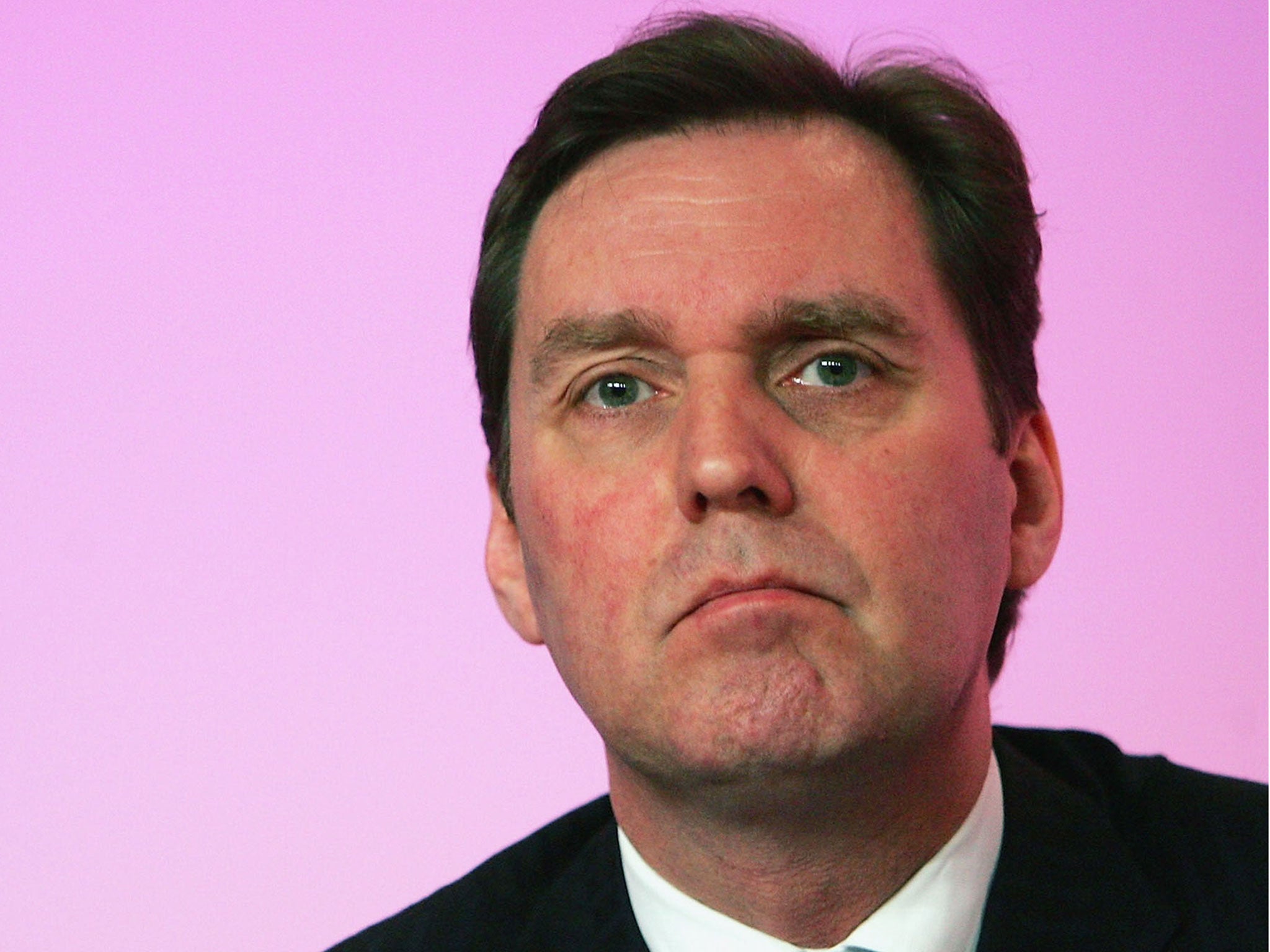Alan Milburn is right to be outraged at the failure of successive governments to confront inequality
So far, David Cameron appears willing to confront inequality only in so far as it can be done without bothering the Treasury

Your support helps us to tell the story
This election is still a dead heat, according to most polls. In a fight with such wafer-thin margins, we need reporters on the ground talking to the people Trump and Harris are courting. Your support allows us to keep sending journalists to the story.
The Independent is trusted by 27 million Americans from across the entire political spectrum every month. Unlike many other quality news outlets, we choose not to lock you out of our reporting and analysis with paywalls. But quality journalism must still be paid for.
Help us keep bring these critical stories to light. Your support makes all the difference.
That Alan Milburn showed a touch of choler at the launch of his annual report into inequality in the UK is no surprise. The standard trajectory of these dispatches involves a flutter of political interest, followed by apathy, followed by another “wake-up” call a few months down the line. “I’m fed up,” said Milburn, who is chair of the social mobility commission. “Fed up with state schools in disadvantaged areas letting down the poorest pupils.”
The statistics are, by now, familiar: children claiming free school meals are half as likely as richer peers to achieve five A*-C grade GCSEs, and those who start off showing good academic ability are quickly overtaken by less-promising pupils from wealthier backgrounds. If the Prime Minister is serious about tackling inequality in his second term – as his last party conference speech suggested – he should skip the expressions of dismay and move to the kind of actions proposed by Mr Milburn.
Most important is teachers’ pay. The number of graduates applying to be teachers fell below the Government’s targets for the third year running in 2015. There is a shortage of numbers, and a shortage of talent.
Bumping up the starter salary from £22,000 to a figure more in line with other graduate jobs would attract more and better candidates, unappealing as the costs involved might be to George Osborne. Scrapping teacher-training fees – a PGCE course costs £9,000 – would similarly provide value for money in making up for the shortfall. There is also a good case to be made for encouraging the best candidates – perhaps via salary scaling – to head into the worst-performing schools. Such answers to these basic problems may sound unlikely given this Government’s commitment to reducing public-sector spending, but a true commitment to reducing inequality would see some flexibility here.
The period in a child’s life before school starts deserves attention, too, and Mr Milburn’s report addresses this issue as well. Simplifying funding for childcare and making more working-class parents aware of the free hours they can claim would encourage the early intellectual development of poorer children. A major Harvard study this year showed that the daughters of mothers who combine work and parenthood enjoy better careers and higher pay later in life.
On universities, Mr Milburn says it is “not enough” for Oxbridge and Russell Group organisations to blame schools for low levels of state school undergraduates. When one Cambridge college takes 72 per cent of applicants from state schools, and Christ Church, Oxford, just 42, it appears self-evident that pressure must be applied selectively and at the college level. A broad brush will not dislodge centuries-old deference to privilege.
Moreover, it cannot be said often enough that the UK’s provision for young people who do not choose higher education is a triumph of style over substance. If current trends continue, only a tiny proportion of the three million apprenticeships the Government aims to create will be of any value to participants: just 3 per cent of the 2014-15 placements are level four or above (of the eight academic levels used to rank training and education programmes, up to PhD equivalent), meaning that the majority of young people on such schemes end up photocopying and making tea. The Government should now turn its focus to quality, not quantity.
It is unfortunate that the Conservative who appears most anguished by the gap between rich and poor is the former Prime Minister Sir John Major. So far, Mr Cameron appears willing to confront inequality only in so far as it can be done without bothering the Treasury.
Join our commenting forum
Join thought-provoking conversations, follow other Independent readers and see their replies
Comments